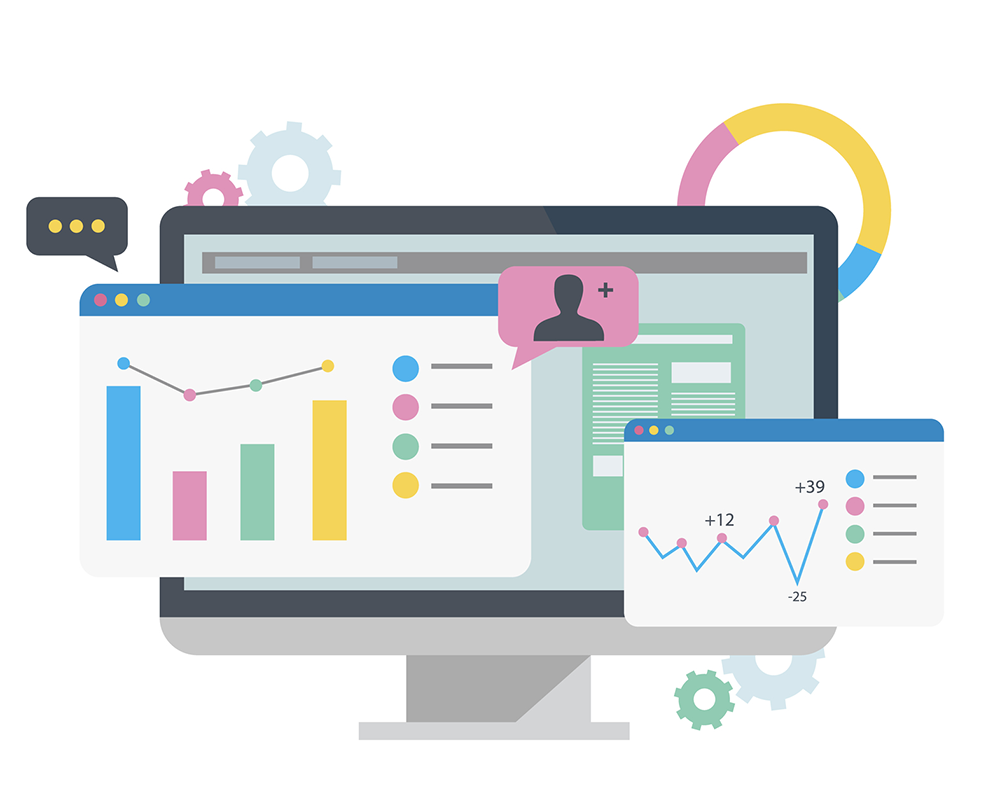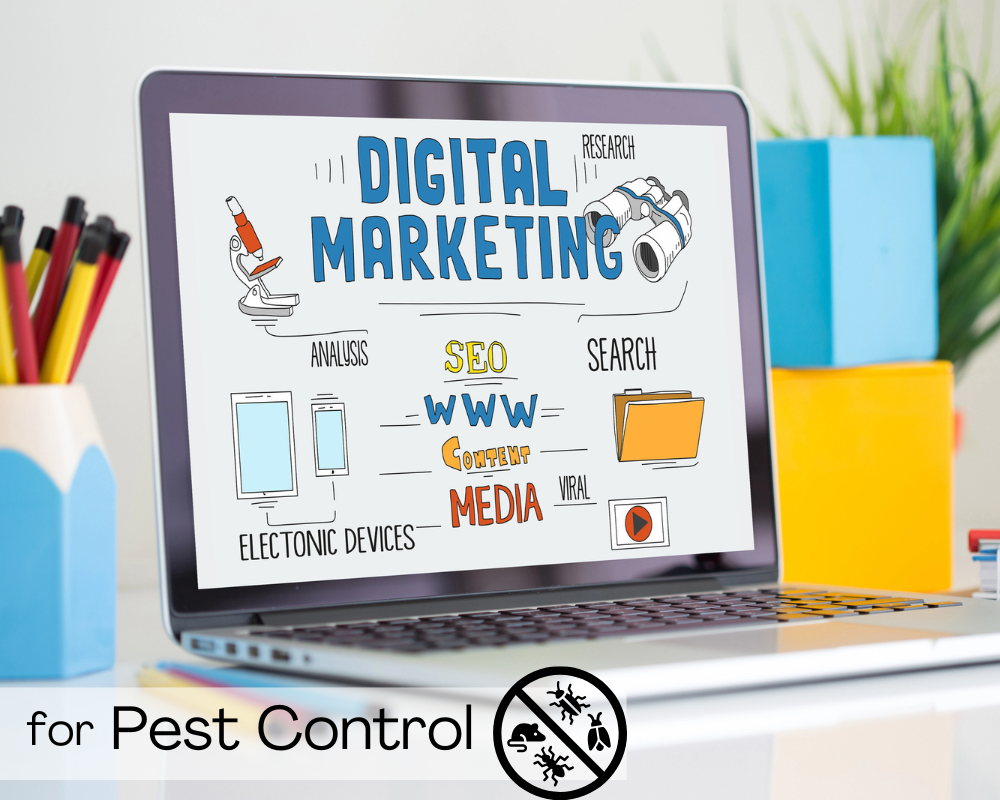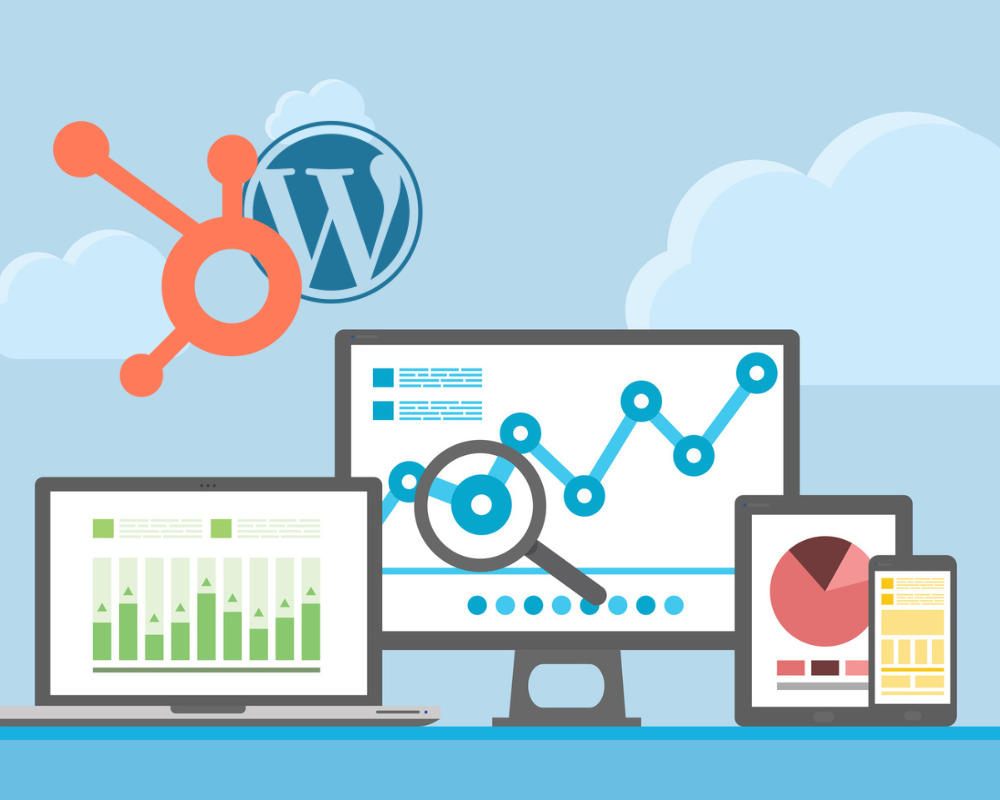
Customer Relationship Management (CRM) software is a vital tool for running a successful business, so it’s critical that you know the signs that it may be time to switch CRMs.
As your business grows and evolves, it’s natural that your CRM needs may change. There often comes a point when your current CRM no longer meets the new demands of your company. In fact, there can come a time when your current CRM can hinder business growth rather than facilitate it.
There are many signs that can indicate that you need to consider different CRM options. To make it easier for you, here are the top 5 signs that it may be time to switch CRMs …
1. Data is Inaccurate or Disorganized
One of the most fundamental purposes of a CRM is to store and manage customer data. And that data must be accurate and organized if you’re going to be able to use it to its fullest potential.
If your data is inaccurate or disorganized, it can hinder your team's ability to make informed decisions and deliver personalized customer experiences.
Common symptoms of this problem include duplicate records, missing or outdated information, and inconsistent data entry practices.
Additionally, if your CRM lacks the necessary data validation and cleansing features, the problem may only escalate over time. Your employees may start doubting the credibility of the CRM data and begin relying on alternative sources, leading to a disjointed and uncoordinated approach.
2. No One Likes Using Your Current CRM
For you to get the maximum benefit from your CRM, your employees need to embrace using it. If your team finds the current CRM clunky, confusing, or cumbersome, you will inevitably experience low user engagement and low productivity.
When employees are dissatisfied with the CRM, they may resort to using spreadsheets or other manual methods to manage customer data. And this defeats the purpose of having a CRM in the first place.
To be sure you don’t miss this sign, conduct regular surveys and gather feedback from your team to gauge their satisfaction with the CRM's usability and features.
3. Data Doesn't Integrate with Your Other Software
Your CRM cannot exist in isolation. It needs to seamlessly integrate with other essential software and tools used by your organization. For example, it needs to work with your marketing automation platforms, accounting software, and customer support systems.
A lack of integration can lead to inefficient workflows, redundant data entry, and missed opportunities for automation.
So, when evaluating CRMs, consider whether the potential solutions offer native integrations or have APIs that allow easy connectivity with your existing tech stack. A CRM that allows a seamless flow of data across all departments will empower your team to deliver a cohesive overall customer experience.
4. Your Current CRM Doesn't Support Your Company's Processes
No two companies are exactly alike. Your CRM requirements are based on your specific and unique processes and workflows. If your current CRM is rigid and unable to adapt to your evolving business needs, it might become a roadblock to progress.
A suitable CRM should be highly customizable, allowing you to tailor it to match your specific processes. This includes the ability to create custom fields, design unique sales pipelines, and automate tasks based on your company's established best practices.
As your business grows, your CRM also needs to keep up. For example, you may need advanced features like AI-powered forecasting, lead scoring, and automation workflows. You might also need more advanced reporting and analytics capabilities to gain deeper insights into customer behavior and sales performance.
So, be sure to regularly assess your current CRM's feature set against both your present and projected future needs to determine if it can continue to meet your requirements.
5. Performance Issues and Poor Customer Support
Frequent system outages, slow loading times, and other performance issues can significantly hamper your team's productivity. If your current CRM experiences excessive downtime or becomes unresponsive during peak usage times, it can lead to frustration and lost opportunities.
And if you consistently face challenges like this and then also struggle to get timely and effective support from your CRM vendor, it can have an extreme impact your business operations.
Either of these signs are critical on their own, but when you experience both together it’s essential that you take action and explore other options right away.
Other Factors to Consider
In addition to these top 5 signs that it may be time to switch CRMs, here are a few more things to consider:
-
Cost and ROI Analysis
Evaluate the total cost of ownership of your current CRM, including licensing fees, maintenance costs, and any additional expenses related to customizations or integrations. And then compare this cost with the potential ROI you receive from the CRM.
If you find that the costs outweigh the benefits — or that the CRM's limitations are hindering growth — it might be time to explore more cost-effective and feature-rich alternatives.
-
Mobile Accessibility
In today's mobile-driven world, the ability to access CRM data on the go is vital for sales representatives and field-based employees. If your current CRM lacks a mobile app or has a subpar mobile experience, it may hinder productivity and limit your team's ability to engage with customers effectively.
-
Security Concerns
Data security is a must, especially when handling sensitive customer information. If your current CRM lacks robust security measures or has a history of data breaches, it's a significant red flag. Switching to a CRM with advanced security features and regular updates can safeguard your data and protect your customers' trust.
-
Training and Onboarding
Switching to a new CRM inevitably involves training your team on the new platform. Assess the ease of onboarding and whether the potential CRM vendor offers comprehensive training resources and support. A smooth transition process is crucial to minimize downtime and ensure your team can quickly adapt to the new system.
Is it Time for You to Switch CRMs?
Your CRM system should be an asset that empowers your team to build lasting customer relationships and drive business growth. If you’re noticing any of the warning signs mentioned above, it may be time to consider switching CRMs.
Switching CRMs is a significant decision that can have a profound impact on your company's efficiency, productivity, and customer relationships. So be sure to thoroughly evaluate your current CRM's performance and identify its limitations in order to make an informed decision about whether to stick with your current solution or explore more suitable CRM options.
We’re here to help if you want professional, expert advice and guidance in doing so.
WorldLight Media is a HubSpot Certified Partner — a Gold Partner in fact — and our team is uniquely qualified to consult on all of the powerful HubSpot CRM tools available. But our experience is certainly not limited just to HubSpot.
As experienced digital marketing consultants, and Revenue Operations consultants, we help our clients implement and integrate a wide variety of CRM tools and platforms. And we can help you determine what will work best for your company.
We invite you to get in touch to talk more in-depth about your CRM options. Call us at (559) 9-DESIGN, or you can click here to use our convenient online form to ask for more information.







